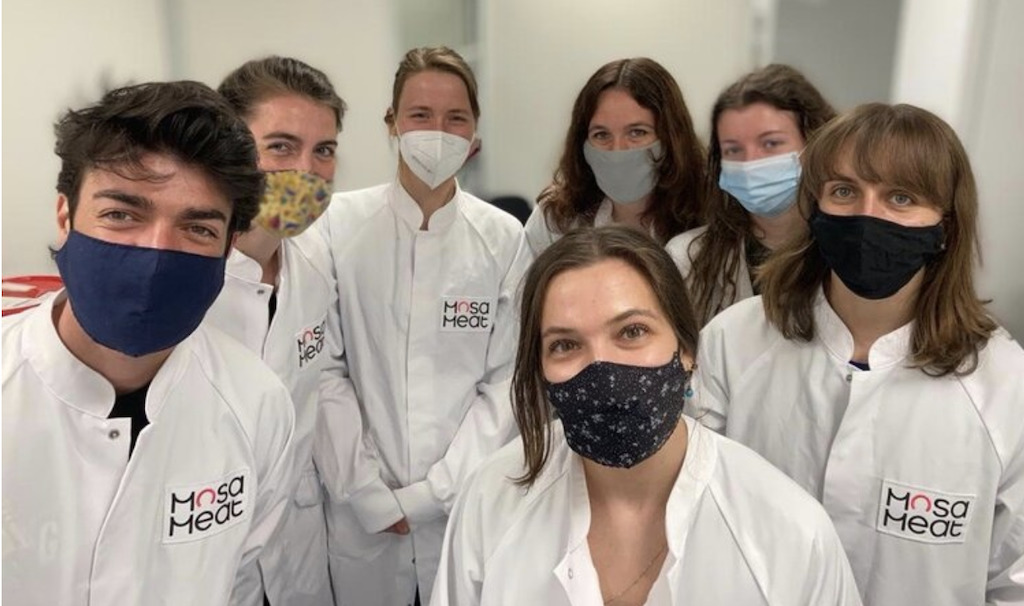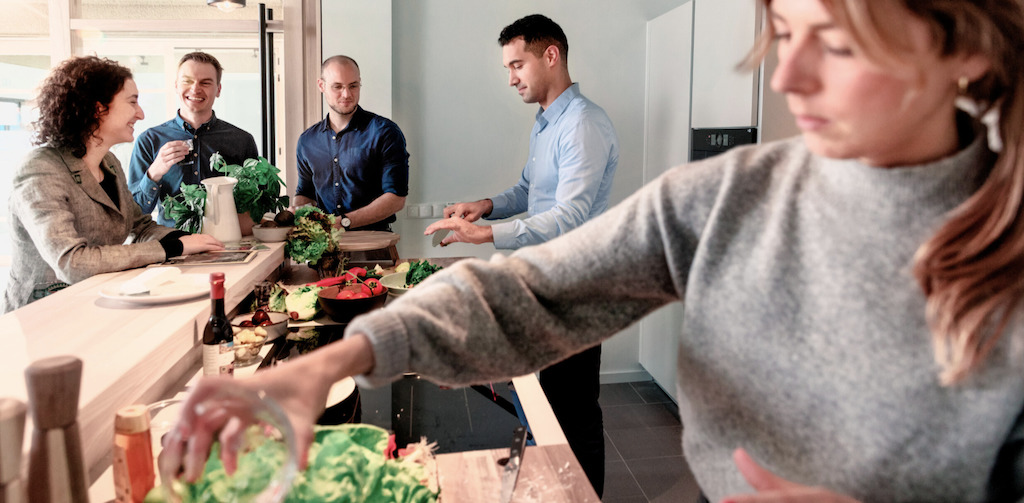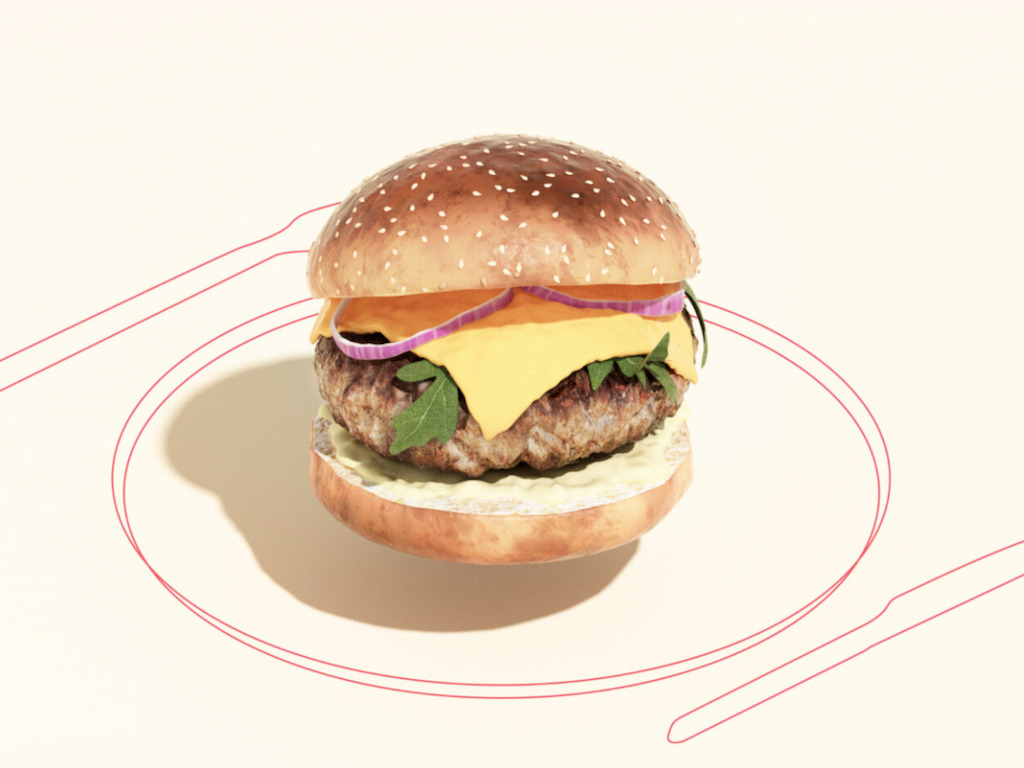3 Mins Read
Mosa Meat, the Dutch food tech that pioneered the world’s first cell-based beef, has announced a new R&D milestone, reducing its fat medium cost by over 65-times. The company’s “Fat Team” has also ensured that the differentiation media used to cultivate its meat is free from all animal components.
Mosa Meat has successfully reduced its fat medium cost by more than 65-fold, the Maastricht-based food tech announced on Friday (May 14), marking a new milestone in scaling its cultivated protein towards commercialisation. The “Fat Team” in charge of this area of R&D has also managed to ensure that the differentiation media – the “nutrient broth” feeding fat cells – is completely free from animal components, as well as optimising the composition of the media itself.
“All of these steps have reduced the Fat Team’s media costs by 66 times,” announced the company.
Aside from bringing down production costs, the team has elevated the taste of its cell-based animal fat, which was confirmed in a recent tasting session. Previous blind taste tests hosted by Mosa Meat have already put the firm’s cultivated fat on par with conventionally-produced animal fats.

Commenting on its latest feat, Mosa Meat co-founder and COO Peter Verstrate said: “We’ve definitely checked yet another box on our journey towards a product that meets the expectations of critical meat lovers.”
Verstrate added that the new fat has an “overwhelming animal signature” that was meatier and more potent than its traditional animal fat counterpart.
Animal fats are one of the hardest-to-mimic components of meat that consumers crave and love about the food, making the replication of this ingredient critical to meet expectations of taste and other sensory qualities. Other cultivated food techs that have been working on cell-based animal fat include Mission Barns, Hoxton Farms and Meat-Tech 3D’s recently acquired startup Peace of Meat.
“The Fat Team’s work on optimising the costs and taste of cultivated fat is a critical step in bringing Mosa’s cultivated beef burgers to the market, and we are excited to share their achievements with you,” said Mosa Meat in a statement.
The news comes shortly after the Dutch food tech completed its third and final Series B financing round with an additional US$10 million, bringing the total to an impressive US$85 million.

At the time, the company said that the funds will be used to extend its current pilot production facility, develop an industrial-scale plant and fuel ongoing R&D to bring it “one step closer” to getting cultivated beef to consumers’ plates.
It also said following the round’s second closing that it will begin working with regulators to achieve approval in the European market. So far, only San Francisco’s Eat Just has been given the go-ahead to sell its cultured meat in the Singapore market.
Since its founding in 2013, Mosa Meat has grown its team to more than 50 scientists and engineers. Other milestones that it has achieved include slashing the cost of its growth medium by 88-fold and removing fetal bovine serum (FBS) from the process to ensure a 100% animal-free and slaughter-free product.
All images courtesy of Mosa Meat.




